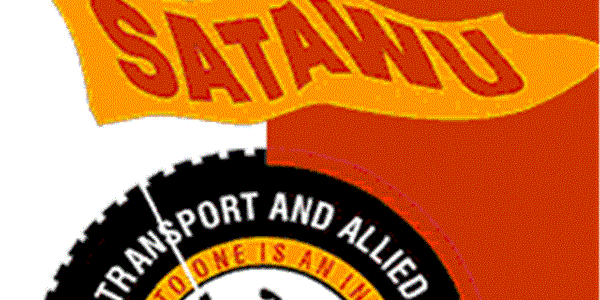National
'The bus strike was the last resort' - Satawu─── 12:32 Mon, 23 Apr 2018

As the nationwide bus strike, now in its sixth day, continues, bus workers appear more defiant than ever with trade unions calling for intensified strike action.
The strike, which started on Wednesday, came as a result of failed wage negotiations between the unions and bus company bosses. It was hoped negotiations would end the impasse last week, however, they ended in a deadlock following a two-day meeting with the Commission for Conciliation, Mediation and Arbitration (CCMA).
Workers are demanding a 9.5% salary increase in the first year and 9% in the second year. They initially demanded 12%, with their employers offering 7%.
"We are calling on all non-unionised members to join in the strike because at the end of the day, this agreement will benefit them too," South African Transport Allied Workers Union (Satawu) spokesperson Zanele Sabela said.
No dates for future negotiations have been communicated.
Sabela said that negotiations started in January.
"We only started striking three months after negotiations started. The bus strike was the last resort," she said.
"Unfortunately, the strike is hurting the commuters, but they understand our struggle because the commuter and the workers are the same people."
A joint statement from Satawu, the National Union of Metalworkers of South Africa (Numsa), Tirisano, the Transport and Allied Workers Union of South Africa and the Transport and Omnibus Workers Union said that the intensified strike action was in response to the employers’ "provocative attitudes" during negotiations.
"They were not very forthcoming during negotiations and it was very frustrating. We have not heard anything about future meetings, but we remain open to it," Sabela said.
At least 50 bus companies across the country are not operating as the strike intensifies.
Golden Arrow Bus Services spokesperson Bronwen Dyke-Beyer said that the company sympathised with its workers.
"It's difficult to quantify financial loss. We're more concerned about our passengers and our colleagues. The policy is no work, no pay, so we are worried about them," Dyke-Beyer said.
News24













